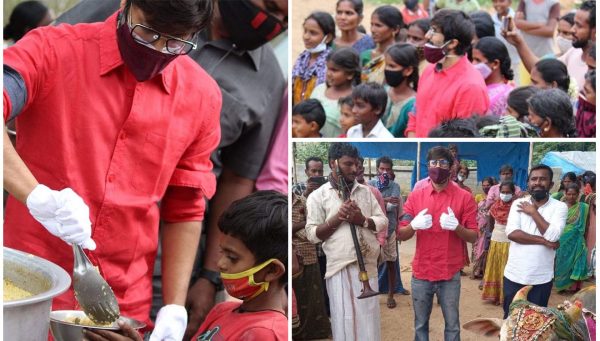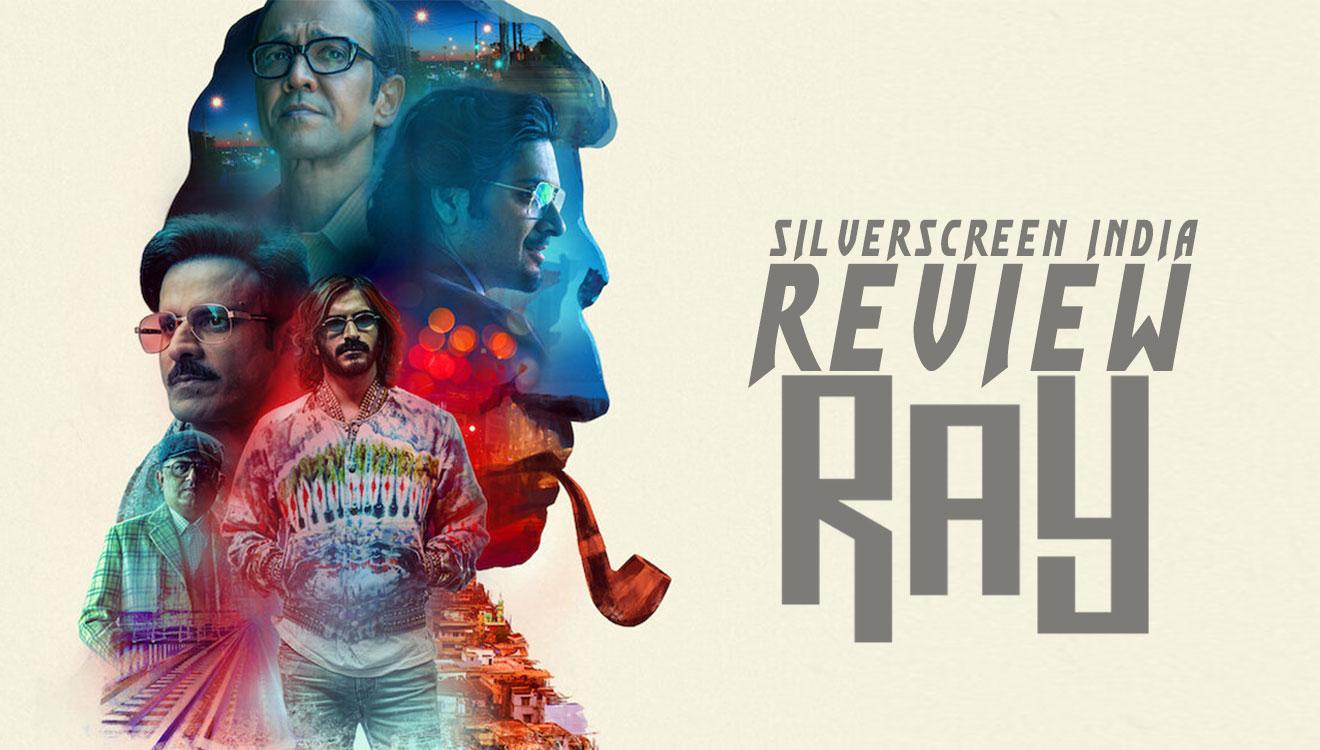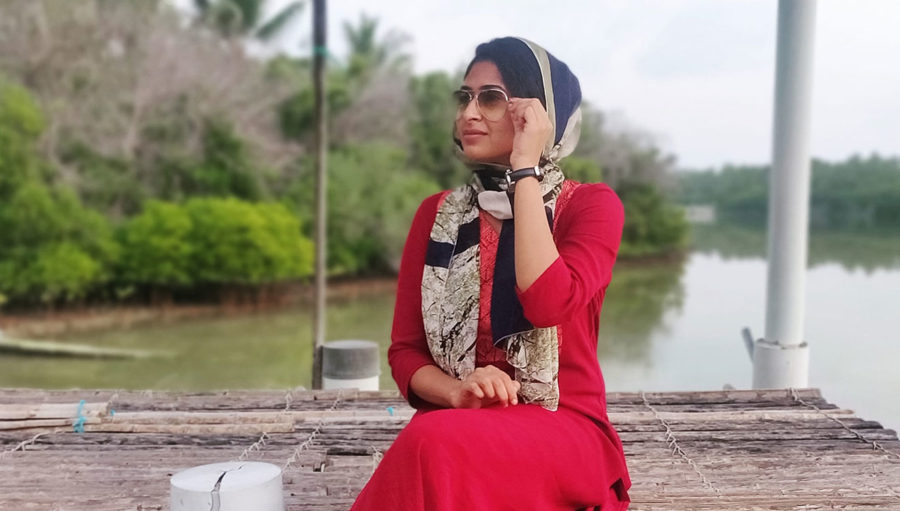Chetan Kumar, the Kannada actor who has recently had multiple complaints filed against him over his social media posts on casteism and Brahminism, is pleased that these issues are gaining attention through these controversies.
“I’m glad that these issues of caste and social inequalities are actually coming into the mainstream, which has been my intention all along. And, of course, if you bring these kinds of issues to the mainstream, there is a certain amount of denial and lack of acceptance,” says Chetan.
Silverscreen India spoke to Chetan to know his side of the story and learn of his journey from growing up in the United States to fighting in the streets of Karnataka alongside and for the marginalised.
“There has always been an attempt or effort to maintain the status quo. To not discuss caste issues, to keep anything related to caste under wraps while casteism and Brahminism continue to grow amok,” says Chetan, who has tried to counteract this by being vocal on these issues on social media.
The recent controversies can be traced back to a series of two videos he posted on May 27, allegedly aimed at actor-turned-politician Upendra. In them, Chetan had spoken about how Brahmins are using religion and caste for vote bank politics.
Chetan explains that he made those videos after he realised that “someone who wants to build a political party in Karnataka said that caste should not be addressed. In fact, this person added that if you talk about it, it increases and therefore should not be talked about. This is someone from a very privileged community who wants to benefit only those communities and actively denies that social inequality is an existing reality.”

The second issue was with the usage of the term ‘Brahminism’ in some of his tweets. Chetan says this is a common term used by intellectuals and one that has been used for nearly a century now in the writings of eminent personalities such as Babasaheb Ambedkar, Periyar and many others.
But, police complaints were filed against the actor over this by the Karnataka State Brahmin Development Board and the Vishva Hindu Parishad.
This surprised Chetan. “Rather than try to discuss the issue, they tried to get me arrested. And this, despite me never saying a single bad word against any individual or saying anything inappropriate or offensive.”
“These people who are the beneficiaries of the system, who want to keep the system in play, don’t want to discuss because they have nothing to validate their positions in scientific, rational or logical terms. All they essentially have is a way of threatening, harassing, scaring and trying to put me in jail,” Chetan adds.
“So, basically, they have no other way of countering this, which goes to show you that our points of views on equality and anti-caste ideals are something that must be discussed much more on the national and state levels,” he says. “This is the way to undermine and erode social inequality.”
While the impact of anti-caste discourse is yet to be seen in Kannada cinema, Chetan says changes are already visible in the Tamil, Malayalam, and Telugu film industries with more and more anti-caste films being made. “For the Kannada industry to be more caste inclusive, more anti-caste films need to be made. And for that, there has to be an audience for such films. The society needs to the change.”

From United States to the streets of Karnataka
Born and brought up in the United States of America, Chetan did most of his education there before moving to India at the age of 22. He went to Yale University and studied South Asian history, literature, philosophy, economics, and theatre traditions. Through these, he got a strong theoretical understanding of the way gender and caste intersected with economic, cultural and linguistic policies, in Indian and South Asian contexts. “When I came to India, I had all this in my mind,” he says.
Having personally faced racial discrimination when living in the US, Chetan was alert to the glaring inequalities he noticed during his many visits to India prior to moving here for good. “I noticed inequalities in terms of gender, language, and caste, and saw how in India, discrimination is stratified on so many levels.”
Recommended
Chetan is aware of his own privilege as a US citizen as well as the class and caste benefits he has had. “I wanted to come to Karnataka and give back to society. I wanted to come to India and use my privilege to help people because I have always held the belief that all lives are equal all over the world.”
He has been on anti-caste and equality platforms for almost a decade now, and has been actively travelling across states such as Tamil Nadu, Gujarat, Maharashtra speaking about anti-caste issues.
“I was actually very shocked that even after decades of very pronounced economic growth, social realities are not being acknowledged and talked about. I have been speaking, writing, interacting, leading activism movements as much as I can. But there has not been strong enough dialogue,” says Chetan.
Though he has had to pay frequent visits to the police station recently, he remains committed to the cause and affirms that he will continue to fight for what he believes in until there is visible change.



